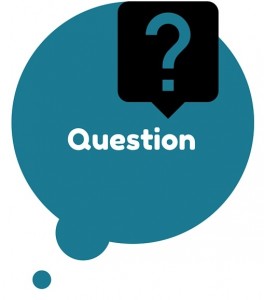Accessing & Contributing OERs
How Can You Identify Quality Resources to Re-use?
Understandably, an institution of higher learning does not want to jeopardize its stellar reputation by reusing content from a disreputable source. Content must be of the highest academic standards, current, relevant, engaging and without links to commercial bias. This is not a comprehensive listing but a sampling of the impressive wealth of content already organized and continually growing.
In 2010, this comprehensive resource guide was created by Jisc, a UK charitable organization whose vision is to make the UK the most digitally advanced education and research nation in the world. This project outlines resources available globally, not just in the UK.
As with many repositories that are good resources for accessing OERs, they are often the same places you can contribute material as well. Access MERLOT here.
Digital Textbooks and Open Publishing
The rising cost of subscriptions to academic journal make open publishing a viable option. Authors should not have to subscribe to journals they contribute to or require in order to further research in their discipline. One such resource is BC Campus
Other Open Education Projects
- Universal Design for Learning is the concept of creating digital spaces all learners can work with regardless of ability. Since one-size does not fit all when it comes to learning, this means spaces must have the learning content presented in various forms, from video, text, audio, simulation, and images. This project to outline the specifics on how to create UDL spaces in post-secondary education was funded by the Bill and Melinda Gates Foundation and is openly available here.
- New Media Consortium (NMC) – the NMC Horizon Project was launched in 2002. The New Horizons Report, published annually, covers educational technology research and advances in the field. The NMC comprises an international community of experts on educational technology
- OpenStax (then Connexions in 1999) – organized by Rice University, this ‘digital ecosystem’ contains digital content in the forms of pages and textbooks you can download or contribute to.
The Jisc project mentioned above produced this informative video on how to create and submit an OER.
Creative Commons
Creative Commons (CC) is the structure and process that addresses licensing of digital products. A CC license creates a landscape of trusted sources. It does not replace copyright but works alongside it. It is no longer acceptable to copy or take material from Google searches and reuse it as your own. Most of the Open Education Resources have the Creative Commons Open License.
Creative Commons licenses is explained here:



 Follow
Follow